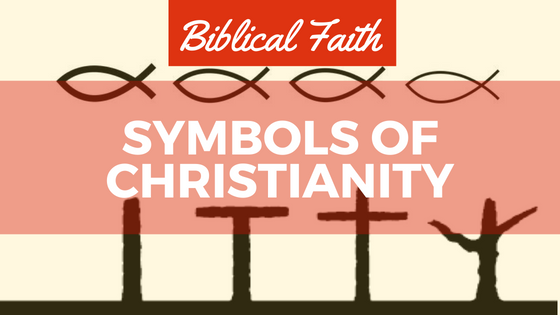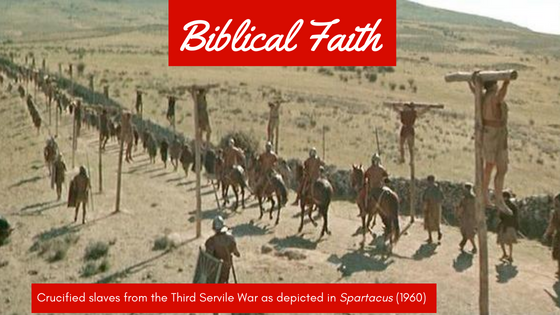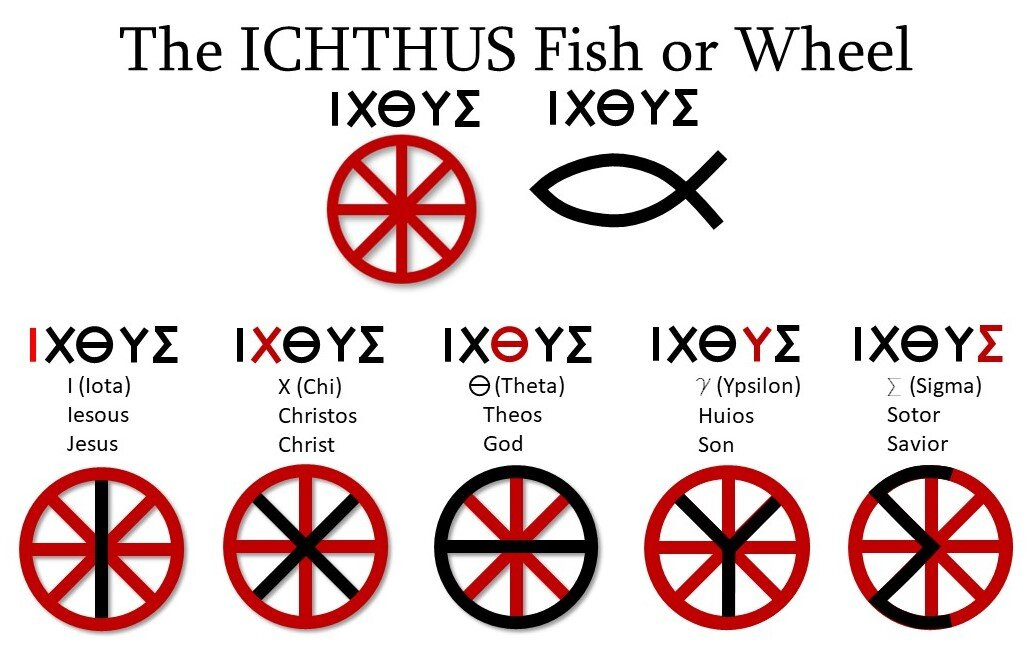Recently, traveling for a speaking engagement some dear friends and I reminisced over the time when they pulled one of the most memorable pranks on me that will live on in the lore of our friendship until the Lord returns. As we talked about this event, I realized I learned something important about friendship that had not truly crossed my mind before. I would like to invite you to join me in the retelling of this story and a reflection on friendship.
The Snowman Prank
The setting. It was a cold Spring Semester at Freed-Hardeman University in Henderson, Tennessee. Usually, snow would fall in February and last for a few weeks. I can tell you driving in snow was one of the more challenging adjustments I had to make, as the driving I experienced in San Francisco little prepared me for it. After living in Henderson for a couple of years, I had developed some comfort with the cold and awareness for driving in the snow–especially becoming alert for “black ice.”
Snow out on the roads is one thing, but it was beyond thought to anticipate the sight I came upon one cold day in my car. I was heading to my car after taking a test in an undergraduate Bible class, when I noticed a car that looked just like mine with a snowman in the front passenger seat. I told myself, “wow, that’s funny… a snowman is sitting in the car,” shaking my head in disbelief. No way that was my car. No way a snowman was in my car.
It wasn’t until I tapped my key fob, heard the beep and saw the lights flicker that I accepted the truth. Even then it was tentative. I walked up to the car in disbelief, examining through the window the incredulous reality that a snowman sat on my front passenger seat. It was a fully three-tiered perfectly white snowman. I even marveled that whoever had done this was at least “Christian” about it as they had placed a garbage bag underneath it to protect the fabric. “Wow, this is what Christian pranks look like,” I thought to myself.
I realized I had left my car unlocked which in turn gave the pranksters the literal “open door.” In the course of a couple of years in small town Henderson, I had grown comfortable contrary to all the security precautions I had learned in the big-city. We locked everything. The front door to the home I grew up in had five locks. But now, I felt safe and comfortable, and look at how I was repaid… with a snowman! I was no longer the guarded city-kid who distrusted any person walking on the side of the street.
Unexpected Reactions
Today I chuckle at this story. I wish I had then my sensibilities that I have now. But I can assure you that my prankster friends bore witness to an unexpected reaction from their Christian brother. They had an aerial view of whole encounter from the large and wide windows of the Student Center/Cafeteria overlooking the parking lot. It was the perfect perch for them to be rewarded by seeing the comedy but that’s not entirely what happened.
I decided to remove the snowman, as one does, from my car. Instead of a calm and somewhat goofy procedure to move it to the sidewalk, I proceeded to dismember the snowman and slam each frozen sphere to the ground. My friends realized that I did not take the prank so kindly or jovial as they had hoped. They saw rage. As it was at this time they realized they messed up.
I can tell you, each time I picked an increasingly larger icy ball over my head I dropped it with all the force I could muster. I was not used to good-humored pranks. Every prank I received or dished out in the streets never had good-willed intentions. Humiliations were not really tolerated, unless you were on the lower end of the totem pole. Like Coolio said, “Me be treated like a punk, you know that’s unheard of.”[1]
When my friends saw my reaction, they knew it was time to go. As they have told me, they quickly vacated the premises, hopped in a car and tried to escape undetected. They tried. After I took my heat off on the snowman, I proceeded to investigate to see if there were any witnesses to the “crime.” Nothing proved fruitful until I saw a car pull up. I could not identify who was in it, but it looked guilty. After a few attempts to corner them, they escaped my grasp. Eventually, I took a call in which they confessed guilt to this prank.
Accepting Good-willed Friendship Fun
Suddenly, my indignation melted away to relief that my friends meant the prank as nothing more than some friendly winter fun. At that time in my life, I had very little experience with this type of fun. This was not a cruelly-intended hazing, it was just fun shared among good friends. It was a practical joke, a rather hilarious one.
It is not that I lacked friends growing up, but the “jokes” we played on each other always had an element of humiliation that betrayed trust. Even the “jokes” were deceptions designed to manipulate me and my emotions. I once had a friend that told me my wife and toddler daughter died in a car accident they had actually been in. It felt as the Proverb says:
Like a madman who throws firebrands, arrows, and death is the man who deceives his neighbor and says, “I am only joking!” (Proverbs 26:18–19 ESV)
But my friends were people of quality. I went from gangsters to pranksters. Again, the Proverbs tell us
A man of many companions may come to ruin, but there is a friend who sticks closer than a brother. (Proverbs 18:24)
Over the past twenty plus years, despite the passing of time, the reunions with my closest friends have been sweeter than honey–even if some of them placed a snowman in my car.
Friendship in the Bible
The Bible speaks about friendship, of the 187* instances of the Hebrew word rea’ (friend, companion, neighbor, fellow, associate), the English Standard Version of the Bible translates it “friend” thirty-three times. Broadly, however, it means to suggest an acquaintance or fellow–a neighbor. It is the word used in the Second Great Commandment, “you shall love your neighbor as yourself: I am the Lord” (Lev 19:18; 19: 13, 16; Matt 22:34–40; Mark 12:28–34; Rom 13:9; Gal 5:14; Jas 2:8). While not all “neighbors” are those that stick closer than a brother, God’s people are called to treat all neighbors with dignity and respect (i.e., love).
The book of Proverbs provides a number of insightful principles for appreciating the value of good friendships.
We need good friends. More importantly we need good friends. Additionally, we need not only to be “friends” to many, but a good friend who treats people with dignity and respect. We make our interactions personal, rather than impersonal.[2] The proverbs of Solomon continue this theme in the following couplet (Prov 10:1):
A friend loves at all times, and a brother is born for adversity.
One who lacks sense gives a pledge and puts up security in the presence of his neighbor. (Proverbs 17:17–18)
These two verses are connected by the word rea’, translated “friend” and “neighbor.” There seems to be an intensification of “friend” who expresses a loyalty like a sibling, the closest relationship in the ancient world. Such a friend will be there even in times of rushed decisions without abandoning them in their time of need.[3]
Perhaps no better example of this type of friendship is found outside of David and Jonathan. In the midst of David’s rise in Israel during the reign of King Saul, Jonathan and David’s friendship transcended family allegiances. It is said that “the soul of Jonathan was knit to the soul of David, and Jonathan loved him as his own soul” and makes a covenant with him (1 Sam 18:1). He even protected David from his father’s wrath (1 Sam 20).
Good friends are not pushovers. They are not enablers. Many a “ride or die” friendship has imploded because they offer no space for accountability. Proverbs calls us to this very truth:
Better is open rebuke than hidden love. Faithful are the wounds of a friend; profuse are the kisses of an enemy. One who is full loathes honey, but to one who is hungry everything bitter is sweet. Like a bird that strays from its nest is a man who strays from his home. Oil and perfume make the heart glad, and the sweetness of a friend comes from his earnest counsel. Do not forsake your friend and your father’s friend, and do not go to your brother’s house in the day of your calamity. Better is a neighbor who is near than a brother who is far away. (Proverbs 27:5–10)
The word friend in this section is the translation of ahabāh means “love,” as in “one who loves.” A faithful friend who loves us will not withhold their love from us, but will offer words that may leave a mark. These “wounds” are not the sort to injure, but to provide counsel so their friend may redirect their decisions. It may hurt on the front end, but the outcome will be like sweet food or an enjoyable fragrance.[4] Such friends are comparable family who have a vested interest in our success.
Could we have a better friend than God? James writes of Abraham that it was his faith in God that led to his deep relationship with the Lord. He affirms that “‘Abraham believed God, and it was counted to him as righteousness’—and he was called a friend of God” (Jas 2:23). Moses spent time in the Tent of Meeting and communed with the Lord there. “Thus the Lord used to speak to Moses face to face, as a man speaks to his friend” (Exod 33:11a). Faith in the words and character of God, and the boldness to commune with the Lord are vital components to a vibrant “friendship” with the Lord.
Concluding Thoughts
God clearly points us to forging good friendships. Being a good neighbor is the foundation to offering authentic friendship and loyalty to those outside our families. Sometimes, we find deeper relationships or comparable ones in outsiders to the point that our neighbor is now our soul knit friend.
It can be very difficult for many of us to make friendships and trust in the good will they offer. This is often due to trauma. At least it was in my case. I did not know how to have fun and playful friendships. These pranksters helped me break through a hang up I did not know was there. I am beyond grateful the Lord has blessed me with friends like these at different stages in my life.
I pray that in your lifetime, and despite any trauma, you too will appreciate and be blessed by good friends. Finally, I pray that you will learn to be the friend your neighbor needs in their time of difficulties and hardships. This is the commandment of love that identify us as disciples of Jesus (Rom 13:9; Gal 5:14; Jas 2:8).
Endnotes
- Coolio, “Gangsta’s Paradise” (1995).
- Derek Kidner, Proverbs: An Introduction and Commentary (1964; repr., Downers Grove, IL: IVP Academic, 2008), 41.
- Dave Bland, Proverbs, Ecclesiastes, and Song of Solomon (Joplin, MO: College Press, 2002), 165.
- Kidner, Proverbs, 158.













